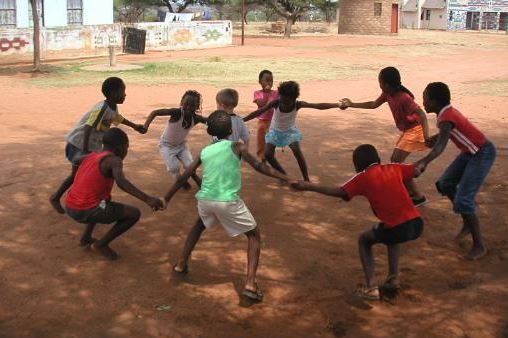
The December school holiday has just begun and the alleys in Mathare, Nairobi, are littered with children playing.
At Village One, two children are playing with raw sewage from a burst pipe as it flows between the houses towards the murky waters of the Mathare River. Another bunch is playing along the road, weaving between makeshift stalls of women selling vegetables. But the children’s excitement belies the fear their parents have over their well-being as the two-and-a-half-month holiday starts. School holidays arouse different feelings in this informal settlement. Anywhere else, school children and their parents would be excited, but in Mathare it comes with the risk of pregnancies, exposure to drugs and alcohol, and general crime.